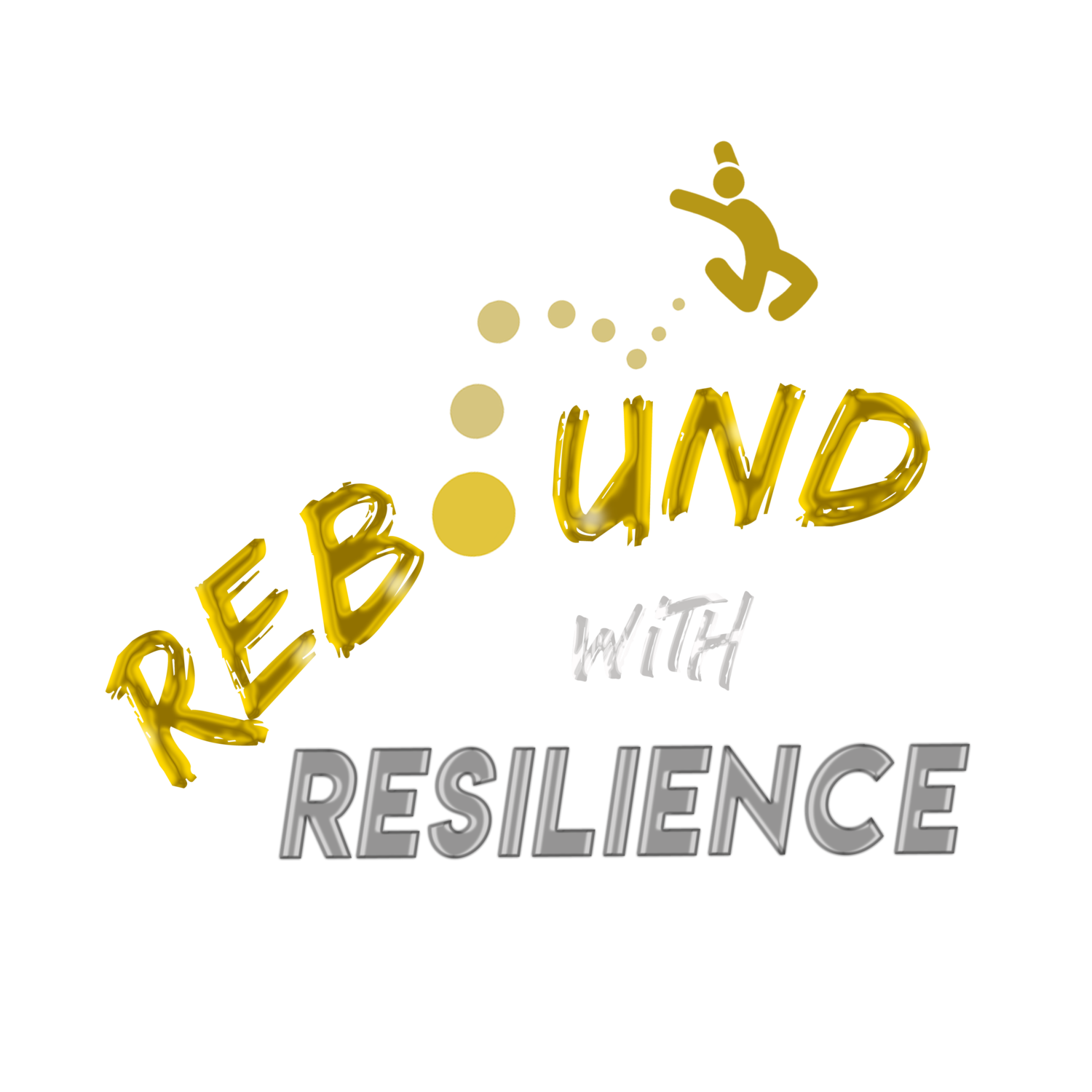Feeling stressed? Here’s 4 simple (Re)silience tips to help you overcome stress and build your resilience.
What is Resilience? And why is it important?
Yes we know, SCHOOL IS STRESSFUL. You’ve got tests, exams, CCAs, and the fear of appearing in memes. On top of that, puberty and adolescence can be a time of increased stress, where we tend to compare and become more self-conscious of our body and self-worth. Peer relationships can also lead to overthinking and mood swings.
If stress is not managed, it could lead to more severe consequences like mental health issues and loss of your productivity and potential.
As such, building your RESILIENCE (the ability to adapt to stress & bounce back stronger) is of high importance. It will help you not just with school but throughout life. But, the problem is, HOW?
Research shows that both your internal mindset & external help BOTH contribute to your resilience. We’ve simplified them to 4 (Re)silience Mindsets & Actions below you easily remember and do. Here’s a nice colorful table to summarize 😊
Regain Confidence
What is it?
Regaining confidence after a tough setback comes from a healthy self-esteem or self-image. This refers to how you view yourself. Especially in a social media age, we tend to compare ourselves with others – our grades, our looks, our body, the list goes on. Remember, social media is not reality, people only show the good side. As long as you compare, you’ll never be happy. You’ll always think you are “less valuable” than others.
Healthy self-esteem comes from respecting yourself & recognizing your unique strengths, and focusing on developing them. Life is like a deck of cards, you make the most of the hand you’re dealt with.
“You are not what you think you are, you are not what others think you are. You are what you think others think you are.”
– Thomas Cooley
How?
Be self-aware. Identify your strengths. If you’re unsure, ask your close friends, you’ll be surprised at what they say
Don’t compare your weaknesses to someone else strengths. Someone might be more gifted at math or music. So what? There are other things you’re better at.
Never base your self-worth on variables– your grades, your achievements, or other people’s opinions of you.
Base your self-worth on constants – your unique value and gratitude for what you can do well.
Reframe Perspective
Reframing Perspective is changing the way you view failure. The biggest issue is that we personalize failure, meaning we equate failing to “I failed as a person”. NO that’s nonsense! Failure is nothing more than feedback, to teach us what we need to improve. As such, the ONLY way to be successful is to fail, get back up, reflect, and improve. Want to be successful? Double your rate of failure (but learn from it too)
“Only those who dare to fail greatly can ever achieve greatly.”
– Robert F. Kennedy
How?
Accept the “failure”. Acknowledge your emotions, it’s ok to feel sad. Don’t judge yourself. Take some time off, and eventually accept that the past can’t be changed. Acceptance is the first step to moving on.
Reflect. Ask yourself: What can I learn from this, what do I need to change? Is it a lack of discipline? Poor study habits? Too much Fortnite?
Reset your goals & make changes based on your reflections
See challenges as blessings, and slowly realize the benefits of failure - the only way to get better and stronger is by overcoming challenges.
Reclaim Control
Reclaiming control means focusing on what we can control – our response. When faced with a problem/failure, its human nature to criticize, complain, and blame other’s actions or the circumstances. Yet, we cannot control those things. The ONLY thing we can control is our RESPONSE to the solution. Resilience means taking responsibility. (Responsibility is made up of 2 words: response + ability). The ability to respond to failures, to find solutions, to keep trying, is the mark of resilience.
“Responsibility finds ways, irresponsibility finds excuses”
How?
Be self-aware of your speech pattern. Your words are seeds you plant, and the fruits are your reality. Slowly reduce the BMW (Blaming, Moaning, Whining) and CCC (Criticize, Condemn, Complain). Instead, tell yourself “I will overcome”, “I am responsible for getting better”
Whatever you focus on expands in your mind. Focus on the solution, not on the problem. Yes failure sucks, but focusing on it prolongs the suckiness.
Request Support
So far, we spoke about internal mindset changes. Yet, seeking external support is just as important in building resilience. Especially when it’s a more intense problem that causes constant emotional stress. Talking to people who care for you can give much needed emotional support. Speaking with mentors can give you perspectives and wisdom to improve and overcome your setbacks.
“True strength is humbling yourself to seek help when needed”
How?
Lower your ego if necessary, there is nothing wrong about seeking help as long as you don’t expect others to solve all your problems. You are still responsible, but you can get help to support you.
Build a community of people you can trust and confide in. It can be friends, teachers, family or mentors in specific areas like your CCA or passion.
Seek professional help from counsellors if needed. If you’re faced with constant anxiety, can’t sleep well, or constant periods of sadness, then it’s crucial that you seek help early to help you out of it.
Build Your Resilience & Look Out for More Content!
Yup so that’s about it! Hope the 4 ‘Re’ Tips help you to build your resilience! Regain. Reframe. Reclaim. Request. All the best in pursuing your dreams and aspirations 😊 Look out for more content in future!

